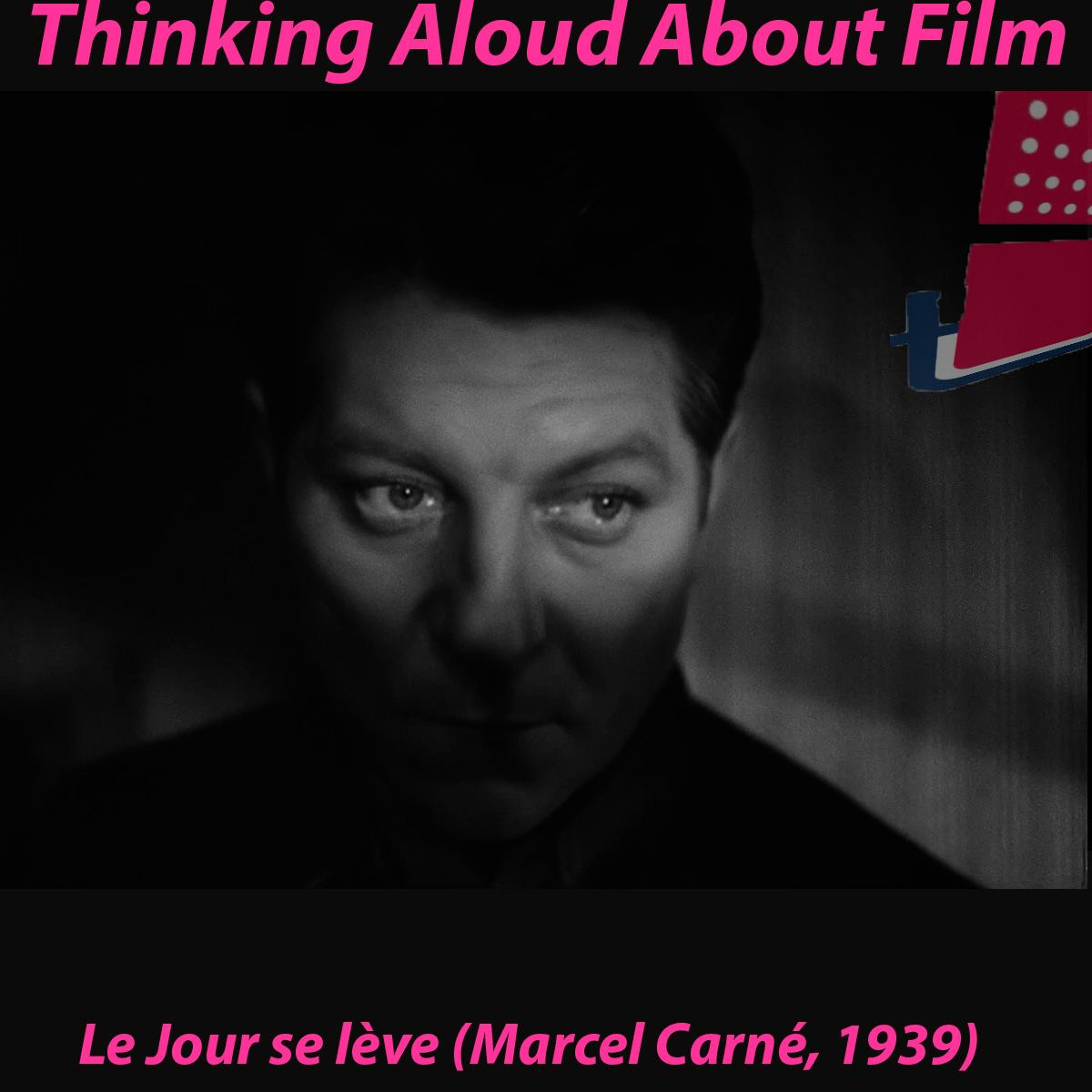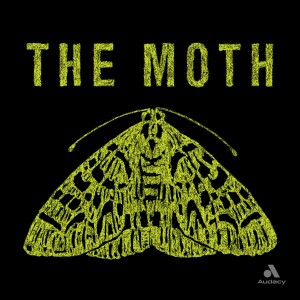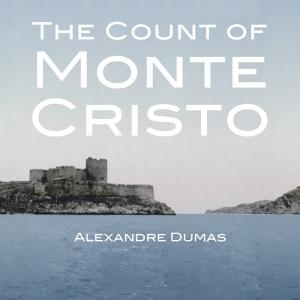

First Impressions: Thinking Aloud About Film
Thinking Aloud About Film: Le Jour se lève (Marcel Carné, 1939)
2025-05-30
https://notesonfilm1.com/2025/05/30/thinking-aloud-about-film-le-jour-se-leve-marcel-carne-1939/
We discuss Marcel Carné's superb Daybreak/ Le Jour se lève, which we saw at the Garden Cinema as part of their wonderful Film Noir International programme.
In the podcast we discuss the film as an example of ‘Poetic Realism’; as one of the first films to be described as a ‘film noir’; as an expression of the Popular Front sentiment and how the film’s reception aligned with reviewers’ political vie...
https://notesonfilm1.com/2025/05/30/thinking-aloud-about-film-le-jour-se-leve-marcel-carne-1939/
We discuss Marcel Carné's superb Daybreak/ Le Jour se lève, which we saw at the Garden Cinema as part of their wonderful Film Noir International programme.
In the podcast we discuss the film as an example of ‘Poetic Realism’; as one of the first films to be described as a ‘film noir’; as an expression of the Popular Front sentiment and how the film’s reception aligned with reviewers’ political views. In relation to the film, we discuss the significance of its structure, the precision of the decor and mise-se-en-scène where it seems every object in François room subsequently comes into play to describe loss, longing, love, innocence since tarnished. I have made a compilation of all the times Gabin looks out the bullet-riddled window and outside. As the day rises and the night ends so does François’ life. We discuss Gabin, Arletty, Jules Berry…all at their best. Gabin is the representative everyman with nothing to live for but more sand in his lungs. It’s not only that as Georges Altman writes, ‘the whole of the working class is etched in Gabin’s face’ it’s that Gabin’s IS the face of the whole of the French working classes. He is François,. She is Françoise. Together they represent the oppression of the French working class. They are everyman and everywoman, orphaned by capitalism. This is a film not only about doomed love but a protest against class-as-destiny, one of the film’s most worked-through themes.
View more
Comments (3)
More Episodes
All Episodes>>Create Your Podcast In Minutes
- Full-featured podcast site
- Unlimited storage and bandwidth
- Comprehensive podcast stats
- Distribute to Apple Podcasts, Spotify, and more
- Make money with your podcast
It is Free












